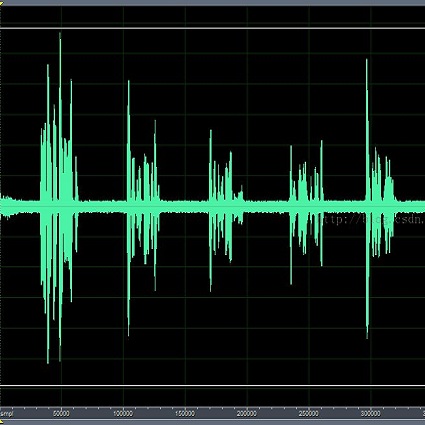It is challenging to improve automatic speech recognition (ASR) performance in noisy conditions with a single-channel speech enhancement (SE) front-end. This is generally attributed to the processing distortions caused by the nonlinear processing of single-channel SE front-ends. However, the causes of such degraded ASR performance have not been fully investigated. How to design single-channel SE front-ends in a way that significantly improves ASR performance remains an open research question. In this study, we investigate a signal-level numerical metric that can explain the cause of degradation in ASR performance. To this end, we propose a novel analysis scheme based on the orthogonal projection-based decomposition of SE errors. This scheme manually modifies the ratio of the decomposed interference, noise, and artifact errors, and it enables us to directly evaluate the impact of each error type on ASR performance. Our analysis reveals the particularly detrimental effect of artifact errors on ASR performance compared to the other types of errors. This provides us with a more principled definition of processing distortions that cause the ASR performance degradation. Then, we study two practical approaches for reducing the impact of artifact errors. First, we prove that the simple observation adding (OA) post-processing (i.e., interpolating the enhanced and observed signals) can monotonically improve the signal-to-artifact ratio. Second, we propose a novel training objective, called artifact-boosted signal-to-distortion ratio (AB-SDR), which forces the model to estimate the enhanced signals with fewer artifact errors. Through experiments, we confirm that both the OA and AB-SDR approaches are effective in decreasing artifact errors caused by single-channel SE front-ends, allowing them to significantly improve ASR performance.
翻译:暂无翻译




